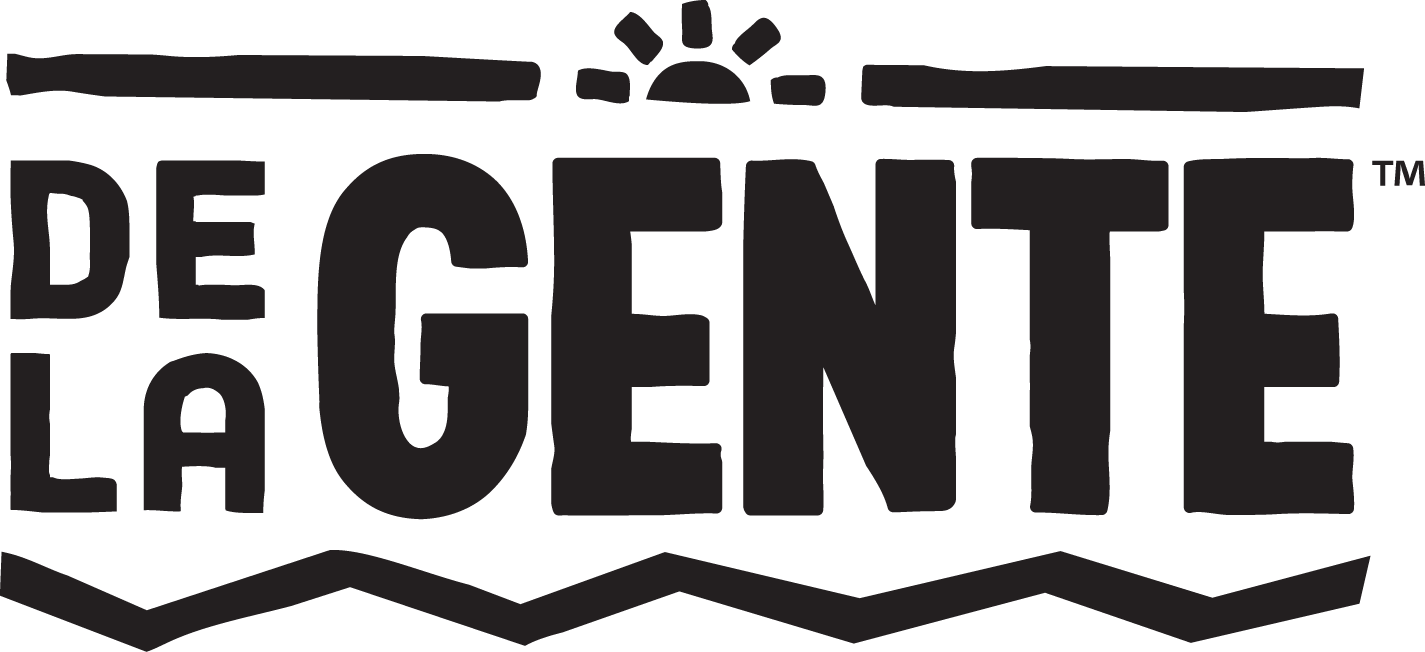
The De La Gente Story
Coffee & Guatemala
Coffee is a massive global industry valued at over $460 billion in 2020. Over 90% of the world’s coffee is produced in developing countries, while the majority of consumption takes place in developed, industrial countries, a reality fueled by normalized exploitative practices. The conventional global supply chain allows for coffee to be a commodity of enjoyment, daily ritual, and community for billions of drinkers around the world, while too often it is a source of economic precarity for those who cultivate it.
Coffee has played a major role in Guatemala’s economy since the late 1800s, serving as the backbone of the country’s GDP for nearly a century. While Guatemala’s economy is more diversified today, coffee remains one of the top exports by value. Within Guatemala, there are approximately 125,000 coffee farmers, 97% of whom are small-scale producers that account for nearly 45% of the country’s production. Large-scale plantations, which represent only 3% of Guatemala’s farmers, are producing more than half of the coffee in the country. Small-scale producers like those with whom we work, despite intergenerational experience and expertise in the industry, continue to be more susceptible to price fluctuations, climate change, and exploitative supply chains.
De La Gente Origins
In 2005, Franklin Voorhes was volunteering in Guatemala when he met coffee farmers from the town of San Miguel Escobar who were organizing to make cultivating coffee a sustainable livelihood. Franklin was intrigued and inspired by their vision and wanted to be part of helping them improve their quality of life as small-scale producers.
Together with seven coffee producers, they started processing their coffee and looking for markets for high-quality green and roasted coffee. Out of that partnership and many subsequent discussions and experiments, an organization called (at the time) As Green As It Gets emerged, and the cooperative is now known as the Coffee Growers of San Miguel Escobar.
They worked collaboratively for several years, improving the quality of farmers’ coffee by exploring various processing techniques while simultaneously systematizing and structuring the cooperative. Over time, they wanted to educate and create awareness among tourists arriving in Antigua about coffee production, so they developed a tour where small-scale coffee producers would share their expertise, culture, and hopes for the industry with visitors. Tourism has since evolved into a thriving element of our work.
Where We Are Today
In 2014, we embarked on the next phase, which involved reorganizing, refocusing, and rebranding the organization. We created De La Gente, a name that describes who we are, who we serve, and who benefits from our work. We specifically decided to confront issues and injustices within the coffee supply chain and related challenges that producers face. At that time, we incorporated more cooperatives on a larger scale, choosing to accompany and assist them in becoming sustainable and thriving coffee producers.
Today, De La Gente works in partnership with four coffee-growing regions, nine cooperatives total, representing over 140 small-scale coffee producers, and channels nearly $350,000 each year to farming communities in sales alone. We have been recognized for the quality of our coffee, our transparent relationships with the cooperatives we partner with, and the immersive opportunities we offer within those communities. We invite you to taste the success and experience the richness of coffee communities. They are proud to say they are part of De La Gente.



